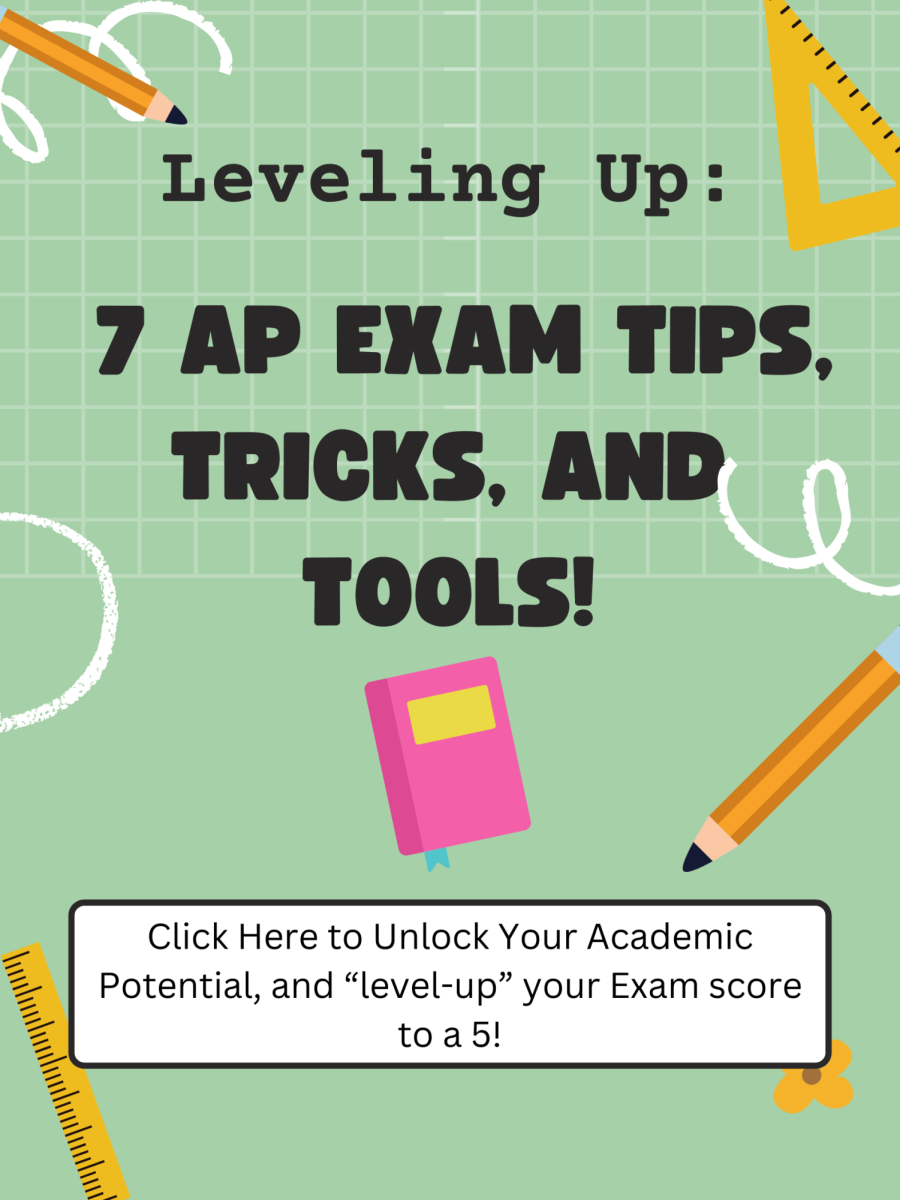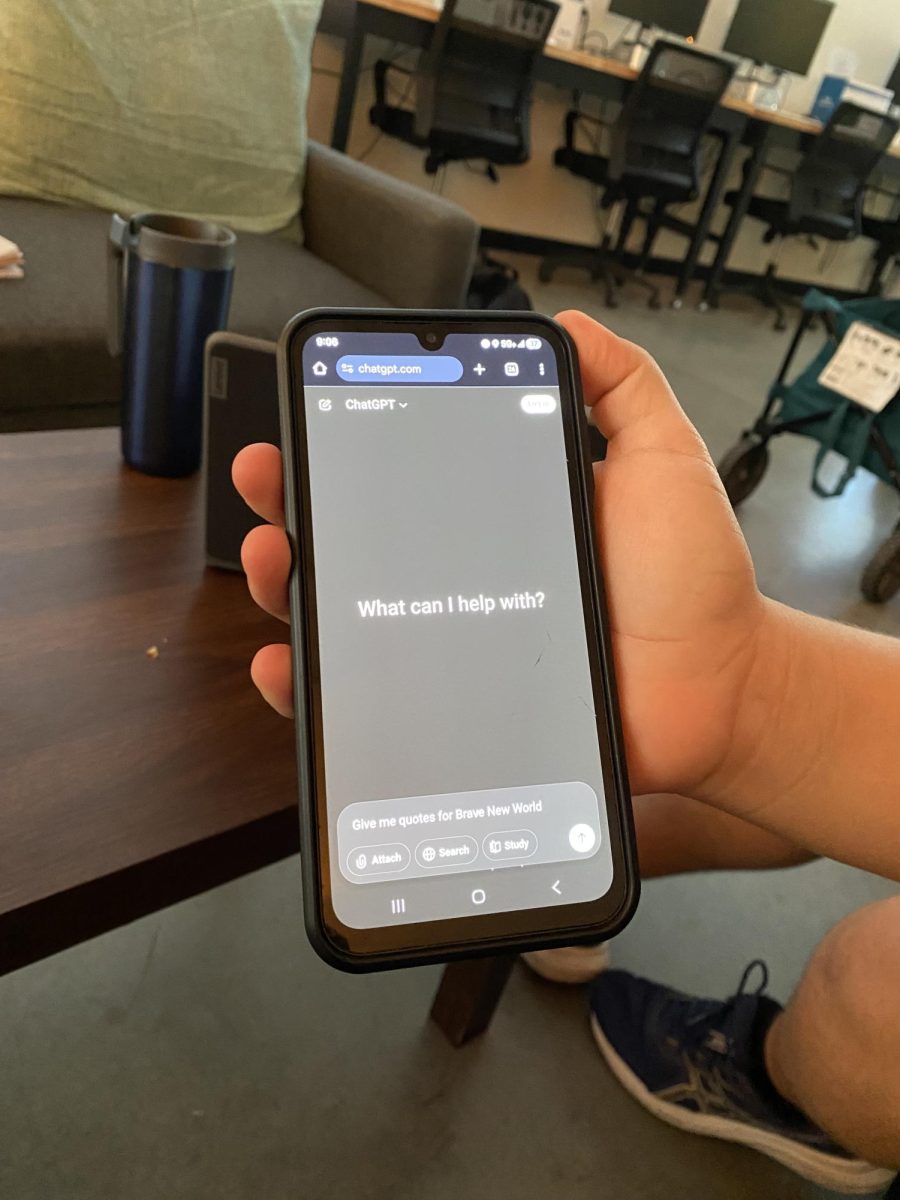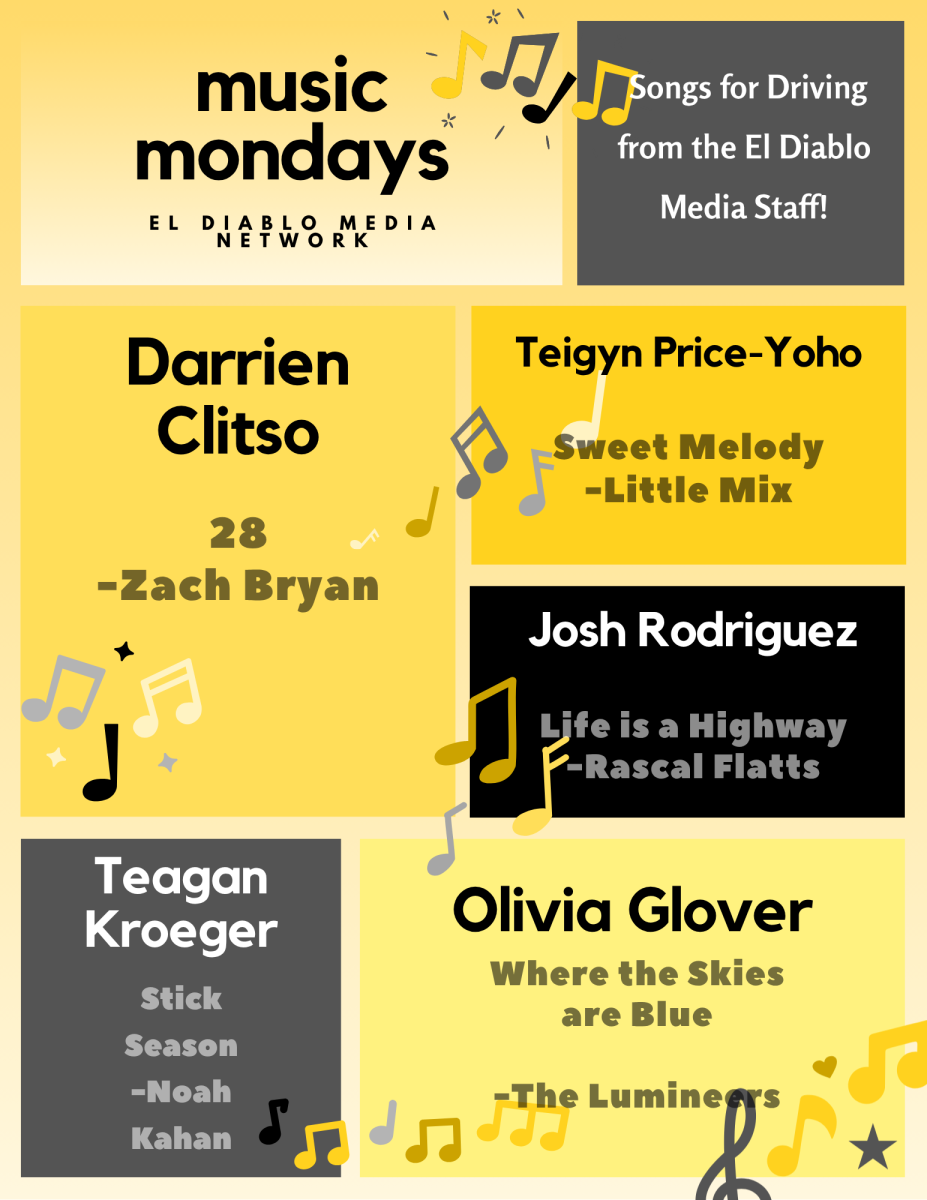Advanced Placement (AP) Exams quickly follow the PSAT’s for Durango High School, which means it’s that season now…( No, NOT the snowy one filled with presents and sugar-plum fairies.) The OTHER one- AP Exam Study Season! Here are some terrific tips and tools, straight from the experts. The students featured in this article are taking around 3+ AP classes, so they have so many detailed notes on how to step up your AP studying game!
Tip 1: Take The Mock Exam like it’s the Real Deal
Ben Ogden explains that “timing is usually the most difficult part of the exams” so mock testing helps to simulate being under pressure, with a realistic testing environment. He also elaborates on the idea that classes like AP Human Geography, AP World History, and AP Biology require quick and efficient recall under a fast-paced setting, so be sure to “understand what the prompt is asking for” and “read for the [signal] verbs” to find an explanation of what you need to write about.
Tip 2: Utilize Flashcards for Vocab and Memorization-Based Courses
Gabi Lochte Bono emphasizes that in classes like AP Psychology and AP U.S. History, she has found flashcards to be beneficial. She adds that the flashcards for each class can be stored in one place so you don’t have lots of information compiled into various sources. This “makes it extremely easy to study throughout the day without necessarily taking out [her] notebooks or computer.” Lochte Bono mainly uses Quizlet or The Five Star App for her go-to flashcards online!
Tip 3: Teachers and AP Classroom both Exist: Use Them
Elena Forrest reminds us of AP Classroom, affirming that it “has lots of really great videos for studying for the exam, so I usually like to look over AP Daily Unit Overview Videos. I also usually try to do 1-2 practice tests for each class before the exam.” Using this site which is specifically made for studying for AP Exams can help you to study (maybe more than a quizlet or looking through ALL of your notes). She also believes another resource she finds immensely helpful is teachers! Because they’ve probably taught the course at least once before, they know what kind of things you should look out for on the AP Exam and can help you find other sources to prepare.
Tip 4: Prioritize, Prioritize, Prioritize!
Molly Best “focuses [her] time on studying only what [she’s] confused about or the oldest units rather than re-teaching the things [she is] already familiar with.” This is extremely beneficial to building upon your weakest topics, while being able to minimize your studying if you already know part of the information. She highlights that “finding the percentage of questions on each unit [helps you to] know which topics are going to show up most on the exam, so you can prioritize studying those units.” This assists Best in making sure she can prioritize which subjects to have an in-depth understanding of, and which subjects she can glimpse over with a condensed version of the material.
Tip 5: Create a Study Schedule, BUT…
McKenzie Hayden thinks her “biggest tip for studying is creating a study schedule.” Clearly, studying without the pressure of cramming and late-night stress is a good thing. She also recommends “not [studying] the night before my AP Exams. She “makes sure to have reviewed all the content beforehand and then take the night before the exam to rest and think about literally anything other than the exam going to be taking the next day.” This allows Hayden to think about all the content of her AP course, but also not stress out about the exam right before she goes into it.
Tip 6: Don’t Rely on Last-Minute Scrambling!
Edie Erwin believes strongly in NOT cramming, saying she “noticed that taking your time and starting early to review all the content allows you to really take in all of the content.” Going slowly and making sure you understand the concept behind the vocab, or affirming that the information makes sense to you personally, without it being a memorized jumble of material floating around in your brain. Delving into the AP Exam itself, she says “For the actual test, specifically for FRQ’s, read through all the questions and answer the ones you know for sure first.” This is a good time-management tip for FRQ’s, as they are exceptional at confusing you with large words that are irrelevant to the actual prompt/answer.
Tip 7: Maximize your Learning to YOUR Specifications
Austin Brown’s advice for the AP Exam is this: As important as [taking the AP Exam] is, with the credit opportunities that come along with it, it’s not the end of the world if you don’t get the score you want. That being said, the score you want is always attainable especially… with good study habits.” Brown also adds that if you are someone who needs time to process new material, it might be advantageous to start early and set time for yourself outside of class to make sure you comprehend the information fully, while if you are not ultra-motivated to pre-study and plan out a whole schedule ahead of time, Brown “[tries] to maximize [his] time in school and very rarely takes homework. (An hour a week at most).”
Remember that success on these AP Exams isn’t just about the grades you achieve, but also about the knowledge and skills you gain along the way. By implementing these strategies and staying consistent in your efforts, you’re not just preparing for exams – you will continue to utilize these intelligent strategies in your day-to-day life, whether it’s at a job, at home organizing something or doing some other incredible thing that requires you to have and build on these skills. So, keep up the good work, continue to plan ahead of time, and (as all DHS teachers like to say) “pat yourself on the back” as your hard work pays off in ways that extend beyond the classroom and academics. Best of luck in your studies DHS!















